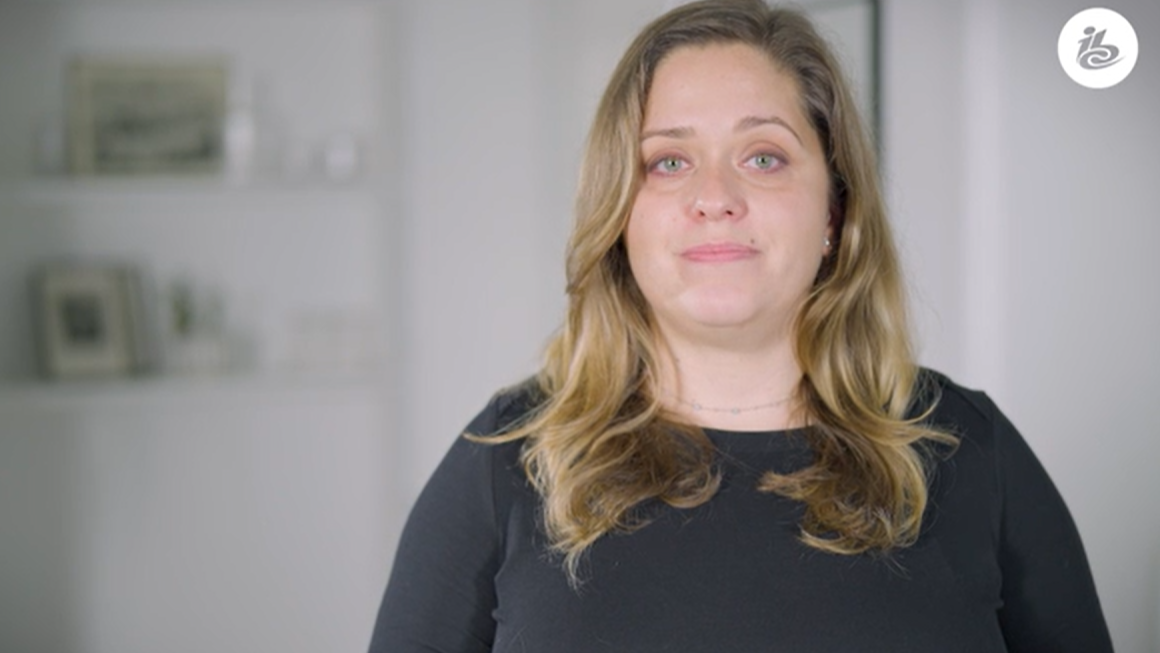Netflix has published guidance for its filmmakers, production partners and vendors on using genAI tools.
In a blog post, the streamer said it views generative artificial intelligence (genAI) tools as valuable creative aids when used transparently and responsibly, but that it expects all production partners to inform them of any intended use of genAI, “especially as new tools continue to emerge with different capabilities and risks.”
“Given the sensitivities surrounding the use of these tools and the evolving legal landscape, it is essential to act responsibly when employing generative workflows,” Netflix stated.
Last month, Netflix said it has used generative AI to produce visual effects for one of its series – The Eternaut – for the first time.
Netflix’s guidance includes five key principles around genAI. The first is that the outputs should not replicate or substantially recreate identifiable characteristics of unowned or copyrighted material, or infringe any copyright-protected works. Secondly, the generative tools used cannot store, reuse, or train on production data inputs or outputs.
Next, the streaming giant recommended that, where possible, generative tools are used in an enterprise-secured environment to safeguard inputs. Its fourth point was that generated material should be temporary and not part of the final deliverables. Finally, the company advocated that genAI should not be used to replace or generate new talent performances or union-covered work without consent.
Netflix also sets out a few examples of situations that always require escalation and written approval before proceeding. For instance, it discourages training an image model in the style of another artist using a library of their past work, where Netflix or the talent has not cleared rights.
The company also says that genAI should not be used to generate main characters, key visual elements, or fictional settings that are central to the story without written approval. Alongside this, it says users should avoid using inputs, such as prompts or images, that reference copyrighted materials or likenesses of public figures or deceased individuals without appropriate permissions.
The guidance also warns producers not to create digital performers, voices, or likenesses of real talent without explicit and documented consent and complying with guild requirements.
According to Netflix, filmmakers should also avoid creating content that could be mistaken for real events, people, or statements if they never actually occurred. Netflix cites as an example using genAI to create a fake news segment featuring a real journalist delivering a fabricated statement, even if intended as background.
The Academy of Motion Picture Arts and Sciences recently announced new rules for next year’s Academy Awards, including guidance about the use of artificial intelligence. Discover more here.

BBC Group to deliver original content for YouTube
As viewer behaviour reaches a critical tipping point, the BBC Group has struck a deal to produce new programming for YouTube, in an effort to capture younger viewers.

Netflix switches to all-cash offer for Warner Bros Discovery
Netflix has revised its bid for Warner Bros Discovery's studio and streaming business to an all-cash offer.

IBC2026 opens call for technical papers
The call for technical papers is now open for the IBC2026 Conference, which will take place at RAI Amsterdam from 11-14 September.

Lucasfilm President Kathleen Kennedy steps down
Kathleen Kennedy, President of Lucasfilm, is stepping down after 14 years. She plans to transition back to full-time producing, including the studio’s upcoming feature films The Mandalorian and Grogu and Star Wars: Starfighter.

Paramount appoints Reemah Sakaan as President of 5
Paramount has appointed Reemah Sakaan as President of its UK public service broadcaster, 5.




